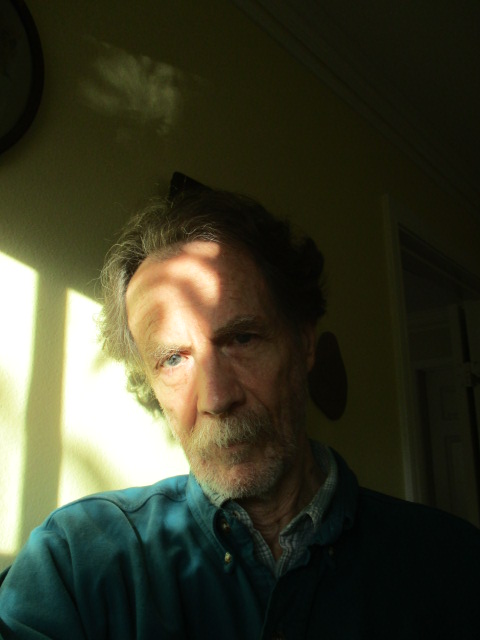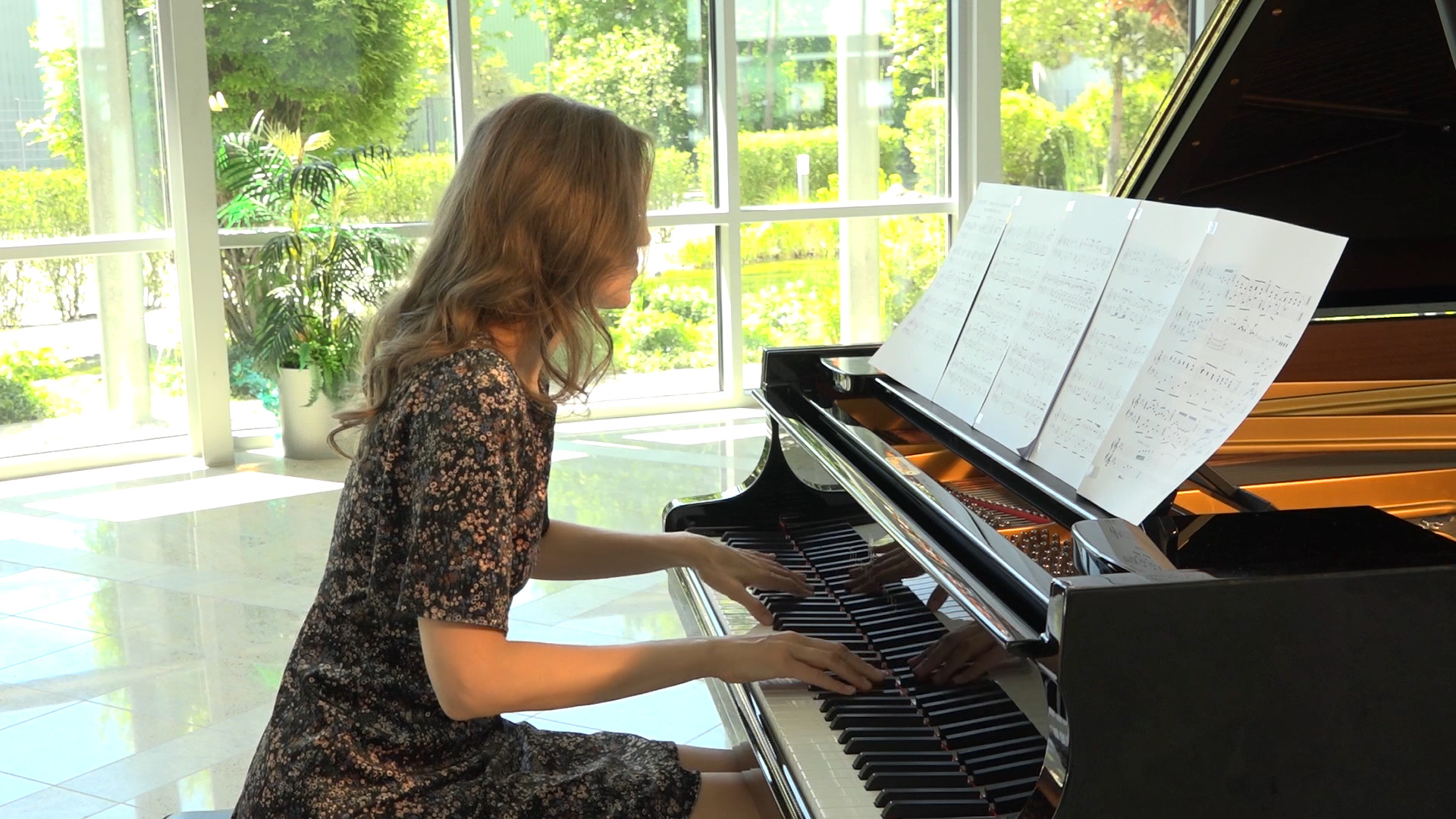About
Who am I, . .?. . A nobody, . .no degrees, no letters after my name. I climbed trees, . .trimming, pruning, removal, . .splitting trees into firewood and selling it from out of the back of my truck, oft’ times till way late in the evening at the corner supermarket, cold,snowy, . .tired, hungry.
Working as an independent contract laborer, . .doing everything within my skill-set, to make enough money to allow me the freedom to keep playing the piano and writing music.When asked what I was doing, . .making all those scratches and scribbling, I simply said,“It’s a hobby.” “What? Drawing little sticks ‘n dots?” “Yes.” How else could I describe this which provides me with no income, this which had no apparent sense or purpose, . .how do I explain that it was my passion, obsession, my full-time, real-time,all-the-time preoccupation. This recurring conversation only earned me quizzical critical looks.Yes, . . crazy, maybe, . .but I knew at the age of 4, the very first time I touched a piano, what I was going to do for the rest of my life. Grandma bought me my first piano at age of 8. That was sold when I went into the military.Upon discharge, . .(Honorable), with 8 dollars of severance pay after four years of duty, immediately went back to playing on the practice pianos in local churches and schools.
I went to Community College for six years, . .majoring in music with a minor in English literature.Influences: besides everything, starting with the sounds of a mother bonding with a new born baby, . .and children playing in the street, . .to all music contributing to the advancement of culture, (Sacred,Classical, and Pop), . .from the current moment on back 900 years to Alienor of Aquataine in her“Court of Love” with the troubadours and troubaritz as the tellers of winter-long tales from ancient lore of yore about love and all human passions.“Now, . . where does music direct us in the quest to fulfill our human potential? Let the harper have a clear vision so as to lead the way into a vast and dark unknown by the light of musical vision, so the world may see clearly the way we wish to go.”T.E.Bach
Thank you for your time and attention,
. .sincerely:
Geoffrey K. Caughey

